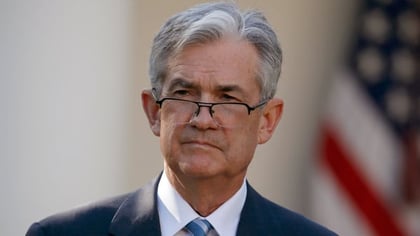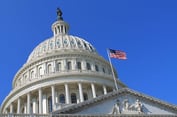The Federal Reserve on Wednesday reaffirmed its commitment to use “its full range of tools to support the U.S. economy in this challenging time” when the COVID-19 pandemic is “causing tremendous human and economic hardship across the U.S. and around the world.”
In its latest monetary meeting, Fed policymakers also agreed, in another unanimous decision, to leave the federal funds interest rate within a 0%-0.25% range.
The Fed’s monetary statement was almost word-for-word the same one it made in June except for the addition of one important line: “The path of the economy will depend significantly on the course of the virus.”
“This isn’t news, but the fact it is explicitly stated now suggests that the forward path will directly depend on a cure or therapeutic solution for the virus,” said Eddy Vataru, portfolio manager of the Osterweis Total Return Fund.
“It is such an important statement. It’s so fundamental,” said Powell, referring to the added sentence, in the Q&A portion of his press conference after the release of the Federal Open Market Committee statement.
Powell spoke about the “extraordinarily uncertain path for the economy” now that COVID-19 cases are rising quickly along with renewed policies to control it. He referenced recent signs of economic fallout, including declining credit card and debit card activity and slowing job growth among small businesses.
“This pandemic and its fallout is the biggest shock to the U.S. economy in living memory,” said Powell, noting that the U.S. unemployment rate went from the lowest on record in 90 years to the highest in just two months.
Need for More Fiscal Support
Federal emergency relief helped offset the impact of the shock, “keeping people in homes and businesses in business,” said Powell. “There will be a need for more support from us and from fiscal policy,” which is the purview of Congress.
That statement was stronger than many previous ones that Powell has made about fiscal policy, since it excluded the word “may” before the word “need.” It comes at a time when Republican and Democratic lawmakers are hashing out the details of the next economic relief bill.









 July 29, 2020 at 05:15 PM
July 29, 2020 at 05:15 PM










